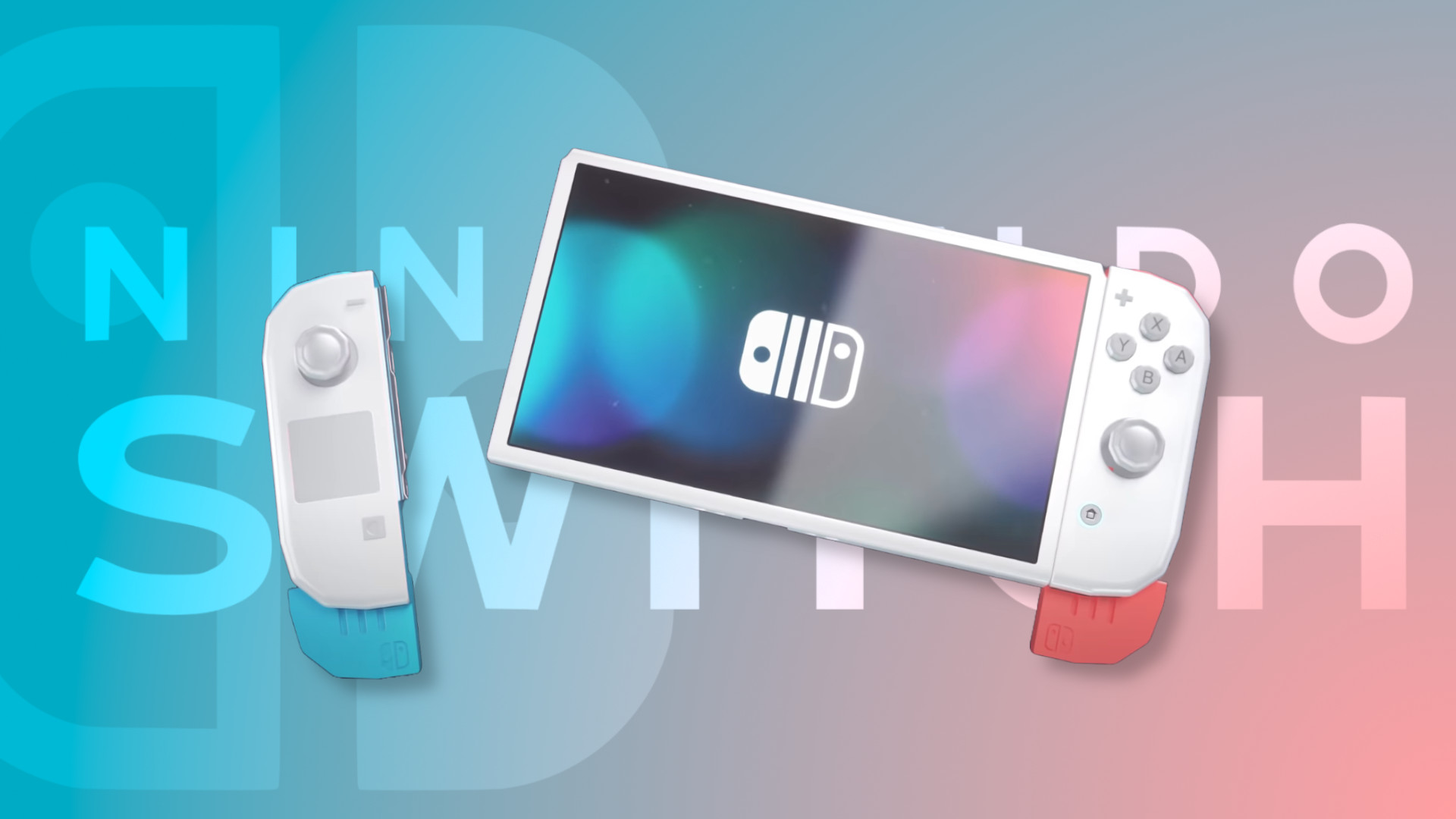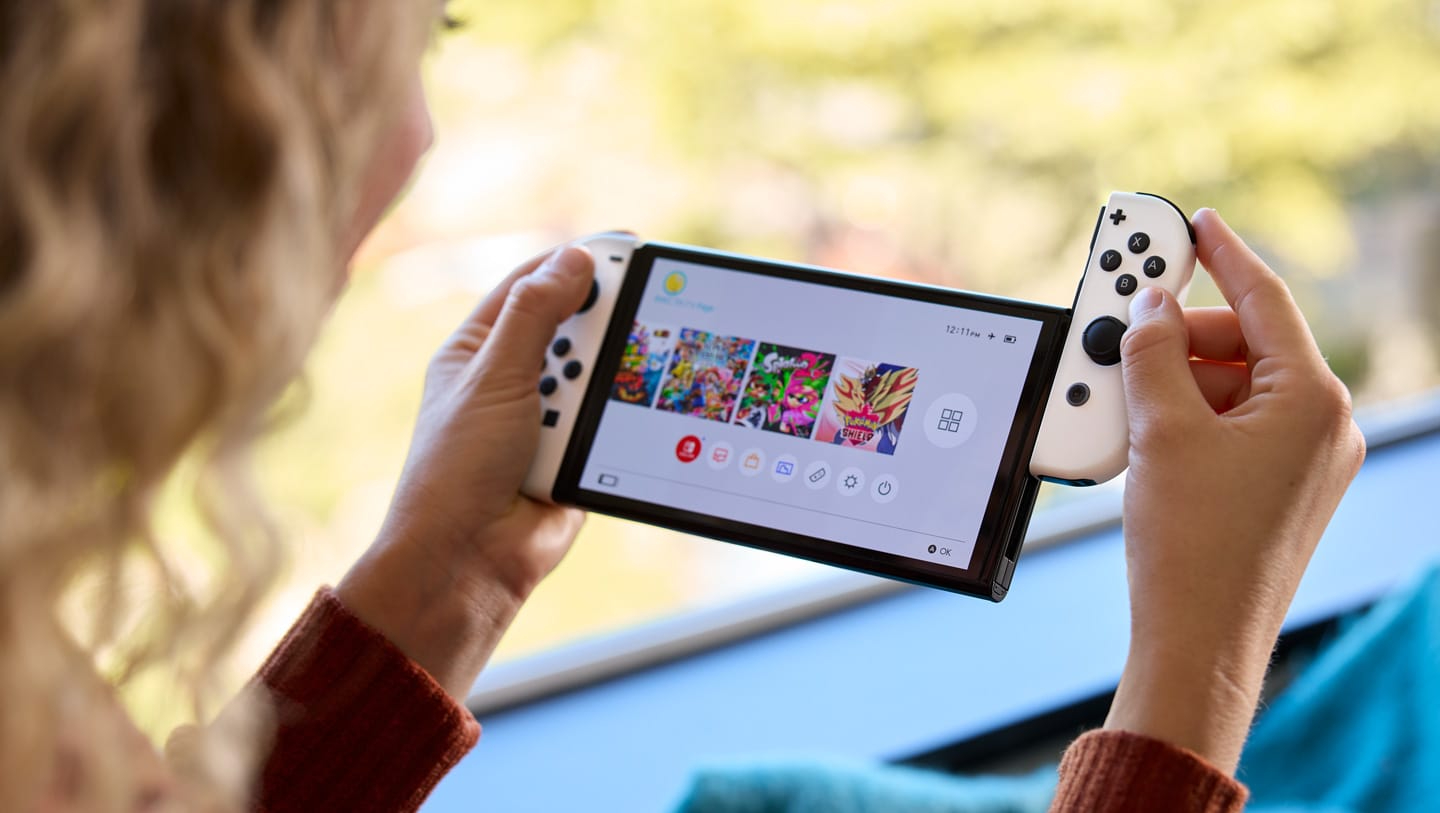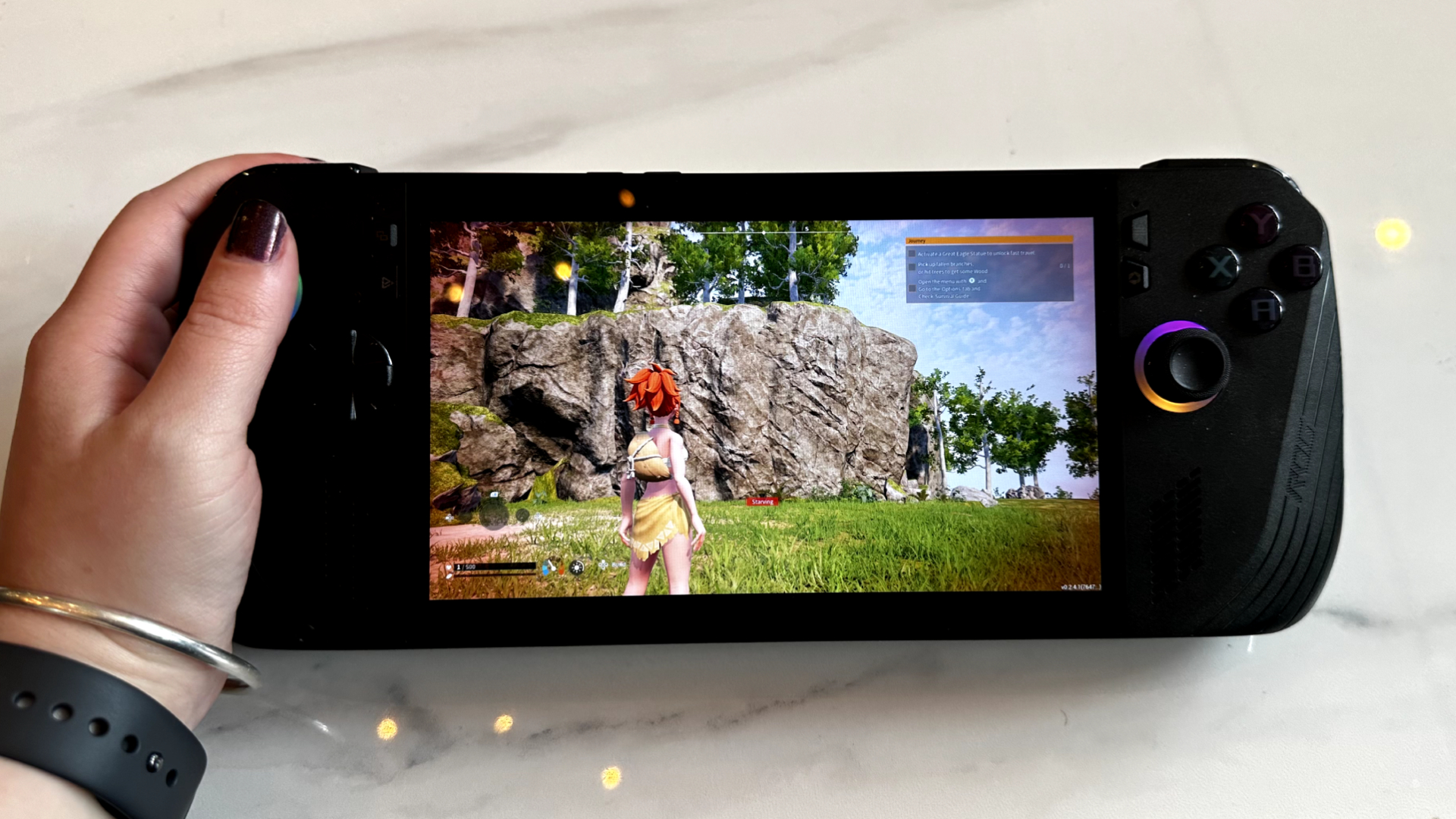
The Nintendo Switch 2 is one of the most anticipated handheld gaming releases on the horizon, and it has some mighty shoes to fill following the success of the original Switch hybrid handheld/home console.
However, a history of supply chain issues for manufacturers has led to worries surrounding the Switch 2's eventual release. Reflecting on the releases of other major consoles such as the PlayStation 5 and Xbox Series X|S, will Nintendo be able to meet the demands of millions of eager gamers when its future handheld eventually hits store shelves, or will we see a similar wave of scalping and reselling that plagued Sony's more recent PlayStation Portal release?
Thankfully, it seems Nintendo are confident ahead of the Switch 2's launch, with the company President spreading some good news about those looking to pick up the console at launch. Here's what we know.
Avoiding the pitfalls of the PlayStation Portal
Sony's release of the PlayStation Portal handheld remote-play device was huge news for console fans, and even bigger news for those seeking to profit over them. The handheld device was almost constantly out of stock on release, with scalpers seeking to swoop in early and claim stock for themselves before reselling at a higher price.
"At present, we do not believe that the shortage of components will have a significant impact on the production of the successor model."
Shuntaro Furukawa, Nintendo president
As reported by gaming site Video Games Chronicle, during the Q&A portion of a recent general meeting of shareholders, Nintendo president Shuntaro Furukawa addressed the issues of meeting demand, stating "Last year and the year before, we were unable to produce sufficient quantities of Nintendo Switch hardware due to a shortage of semiconductor components," before alleviating concerns about the upcoming Switch 2 release by revealing that "At present, we do not believe that the shortage of components will have a significant impact on the production of the successor model."
While this is great news for those looking to jump on the Nintendo Switch 2 bandwagon early on, is it possible that Nintendo may be overestimating the success of its latest handheld offering?
Can the Nintendo Switch 2 be as successful as the original?
The handheld gaming market is booming right now, which could be both a blessing and a curse for the eventual launch of Nintendo's Switch follow-up.
The Nintendo Switch has been an unrivaled success, selling over 141 million units worldwide since its launch in March 2017. However, the secret to the prosperity of Nintendo's handheld may not entirely lie with its first-party exclusive titles, unique Joy-Con motion controllers, or its hybrid home console design.
When the original Switch released, the handheld console landscape was remarkably barren, with the closest handheld offering from a major manufacturer being the PlayStation Vita, released by Sony in 2011.

In 2024, the polar opposite is true. Valve's release of the Steam Deck in 2022 has seen an explosion in handheld PC gaming options follow, many of which offer both impressive portable performance and a simply unrivaled library of games spanning multiple decades — not to mention increasing access to first-party Xbox and PlayStation titles.
And, speaking of Microsoft and Sony, rumors of a PlayStation Vita 2 and an Xbox handheld console persist as traditional PC manufacturers like ASUS, MSI, Lenovo, and more seek to further build up the market with future ROG Ally X, MSI Claw 8 AI, and Legion Go 2 releases.
Currently expected to arrive in 2025, the Switch 2 will release into a market that is flourishing with alternatives to Nintendo's handheld. On top of that, we're already seeing many of these devices receive hardware refreshes that deliver expanded RAM or processor upgrades — which, should this become the norm, could see Nintendo's hardware quickly overshadowed post-release.

One major factor in Nintendo's favor is that hulking hardware hasn't been one of the brand's key selling points for several generations now. The Wii was greatly outperformed by the PlayStation 3 and Xbox 360, and both the WiiU and Switch were easily outperformed by the PlayStation 4 and Xbox One.
Similarly, we wouldn't be expecting the Nintendo Switch 2 to outpace the current ninth-generation offerings in the PlayStation 5 and Xbox Series X|S. Nintendo's biggest advantage comes from its first-party games and often from the unique and innovative ways it approaches its hardware.
However, the fact remains, the Switch 2 will be releasing among much more similar consoles. Nintendo won't be able to rely on the fact that they're the only major offering in the mix that's portable anymore — but they will have incredible brand awareness and loyalty to give them a considerable boost, at least initially.
Whether that's enough momentum for Nintendo to keep the Switch 2 at the head of the pack or not remains to be seen. But an increasingly busy market could make next year's Switch 2 release one of the toughest product launches in the company's recent history.







